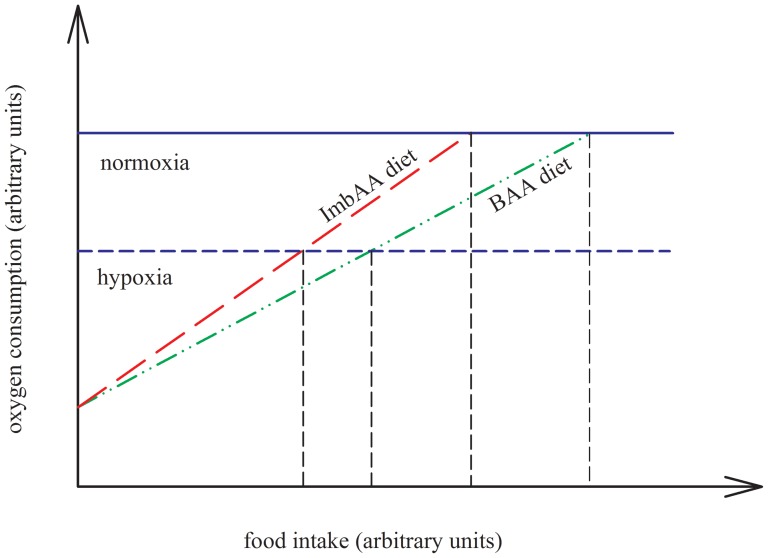Figure 1. Conceptual illustration of the hypothesis tested in the present study.
It is hypothesized that under non-limiting water oxygen level (normoxia) food intake of fish fed a diet deficient in essential amino acids is compromised by a physiological constraint in oxygen consumption. To test the hypothesis, fish were fed under normoxia with diets contrasting in essential amino acids (lysine and methionine) composition: an imbalanced (ImbAA) vs. a balanced amino acid (BAA) diet. The difference in amino acid composition of the diet is expected to create differences in metabolism, which will alter the amount of oxygen consumption per unit of food intake. This amount of oxygen consumption per unit of food is higher at the ImbAA diet than at the BAA diet (as indicated by the differences in the slope of lines). As such: 1) If oxygen consumption is constraining the food intake, then the food intake between ImbAA and BAA fed fish will be different but the oxygen consumption will be similar; 2) If oxygen consumption is not constraining the food intake, then food intake between ImbAA and BAA fed fish will be different but also the oxygen consumption. Further, to verify the effect of dietary amino acid induced changes in oxygen consumption on food intake, we measured food intake under limiting water oxygen level (hypoxia) as a positive control.

